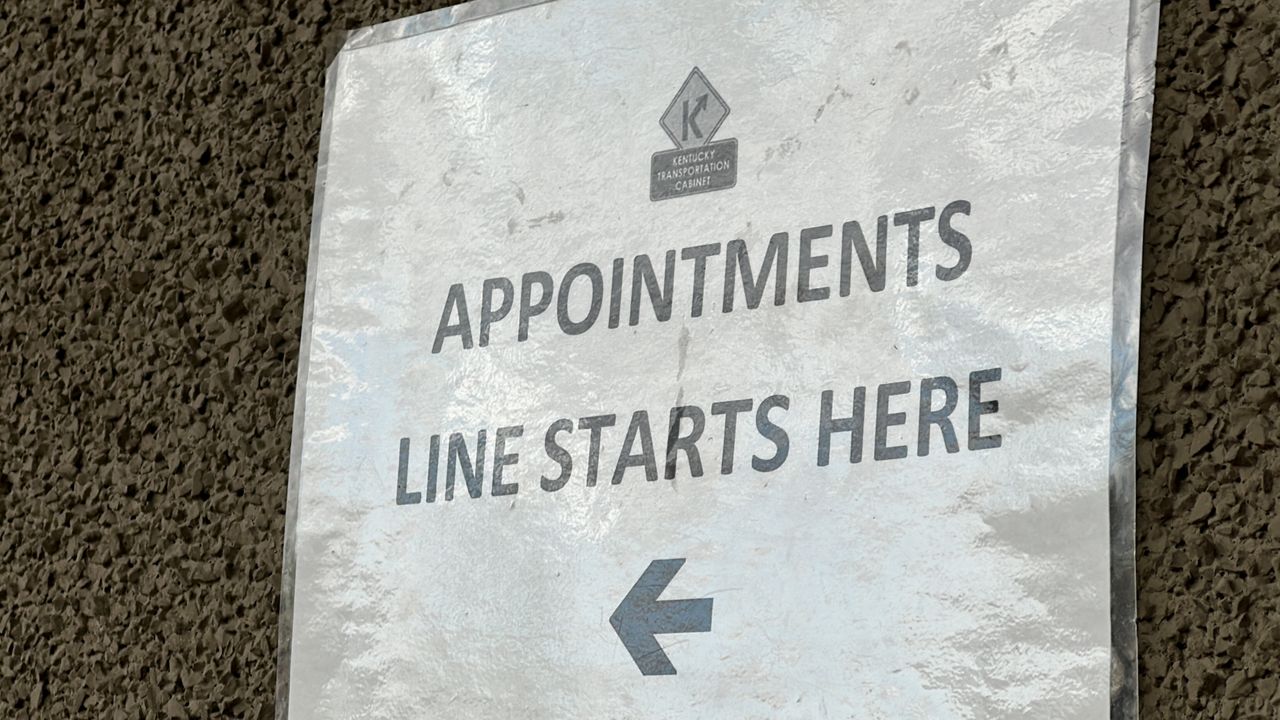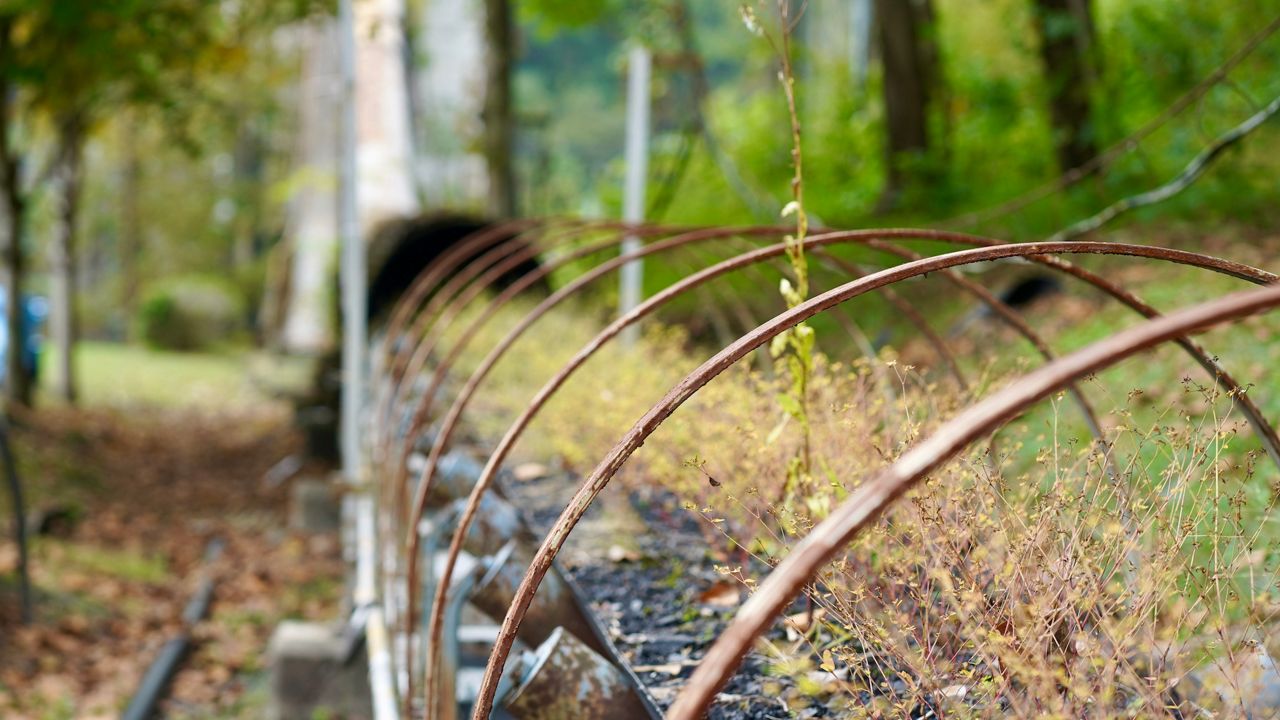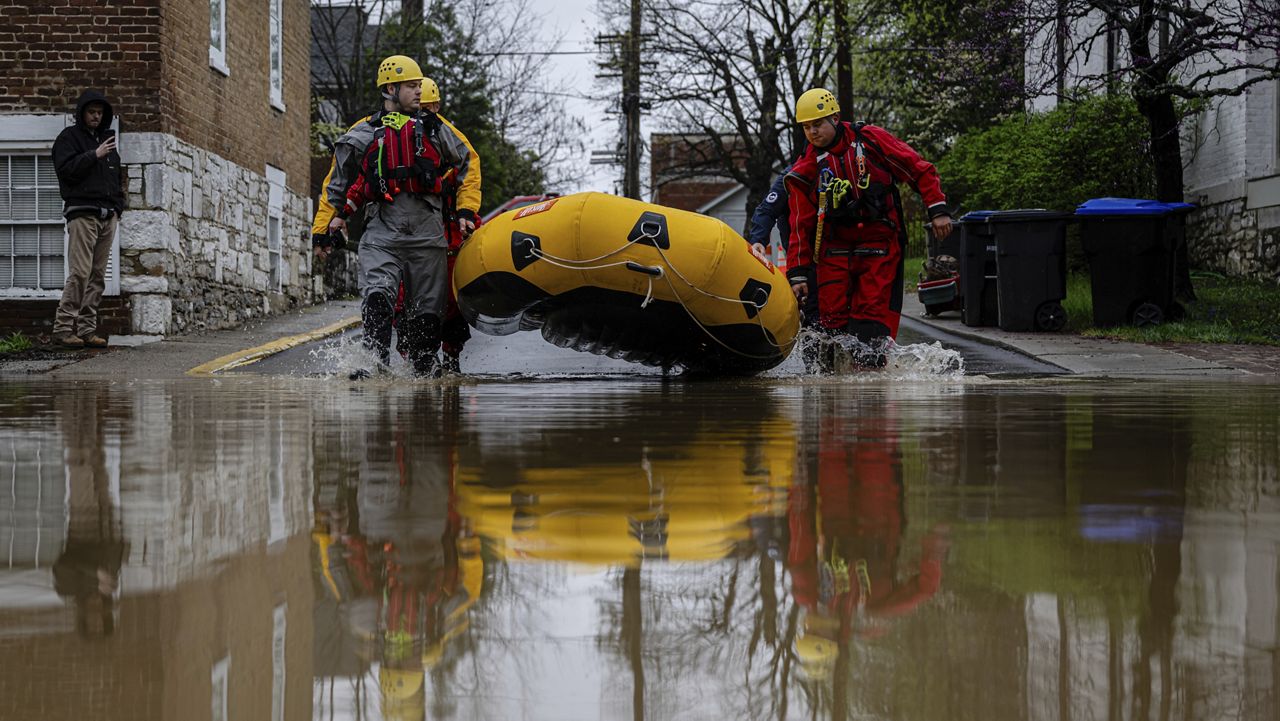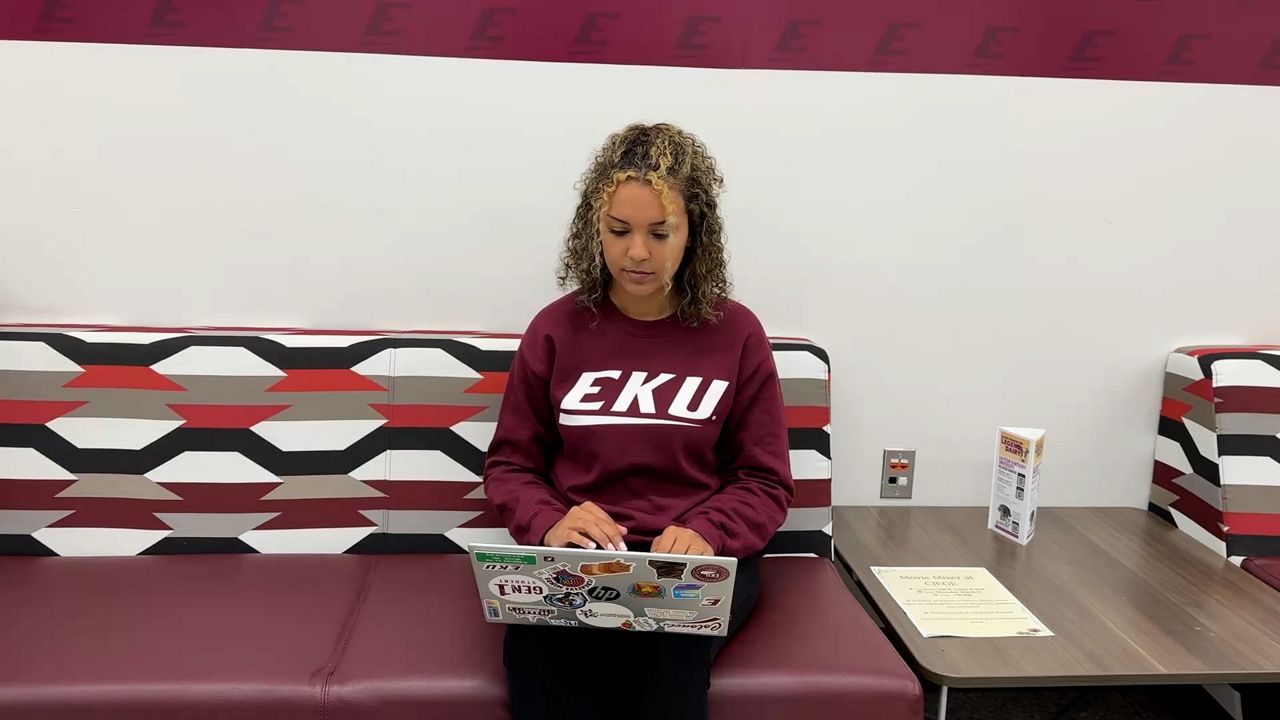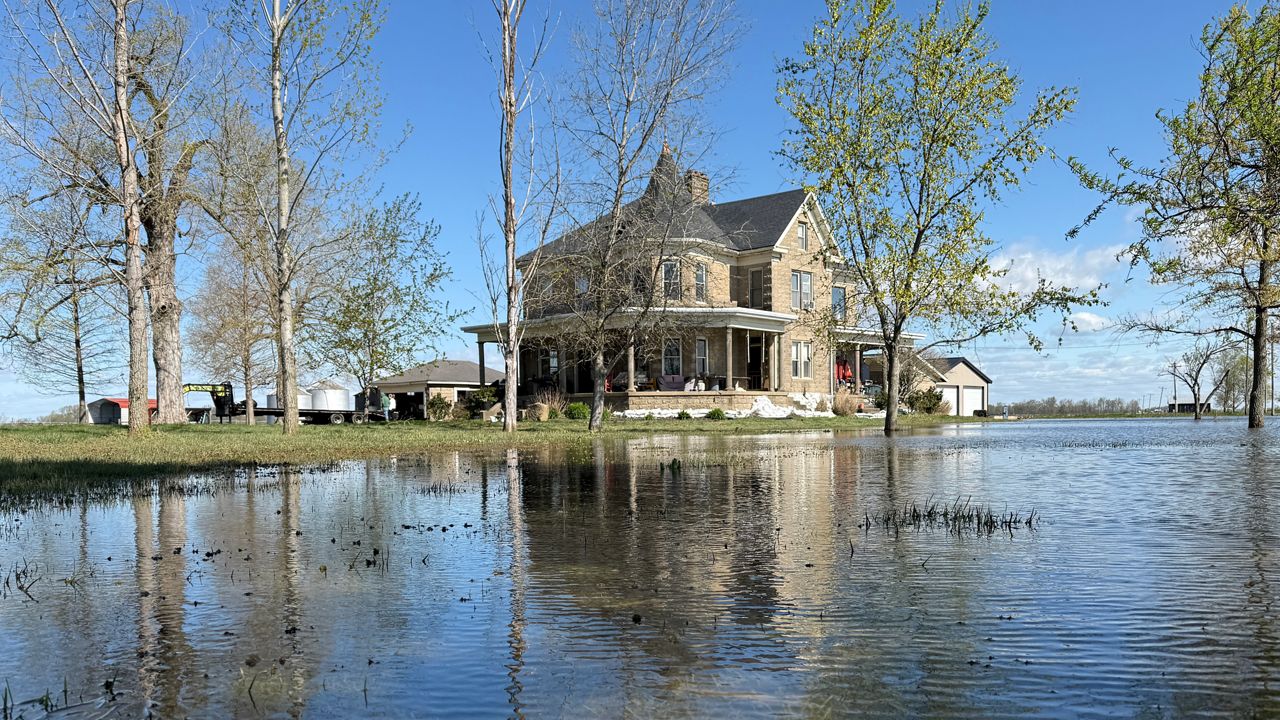COVINGTON, Ky. — As the holiday season approaches, families across the commonwealth are preparing to gather for feast and festivities.
However, along with the celebrations comes a growing issue: food waste. Cheryl Stebbins, a longtime dietitian with Figure Weight Loss in Edgewood, says most people go overboard when shopping for the holiday.
“When you go to the store, and you see all the fun stuff for the holidays and it all just sounds so good,” Stebbins explained.
She says there are various ways to combat this, including food tracking apps, making shopping list, and avoiding grocery shopping while hungry.
“You should always have a menu for your week, so you know what you’re going to eat,” Stebbins suggested. “And always create a list, before you go to the grocery store, don’t go shopping hungry,” she continued.
According to the Ecology Center, there’s a 25% increase in U.S. waste between Thanksgiving and New Year’s—an extra 1 million tons. Be Concerned Pantry in northern Kentucky notes that controlling overconsumption can help families in need.
“When people go to retail, grocery stores and over-consume... during COVID, we learned this with hand sanitizer, we learned it with toilet paper and masks and those personal hygiene items. There’s nothing left for those places to donate,” said Andy Brunsman, the pantry’s director.
In October, the shelter assisted over 2,000 families, three times their expected amount and they’re expecting to serve even more during the holiday.
Experts are encouraging families to celebrate responsibly, but if waste does occur, don’t throw it away. There are various ways to help the environment and the community including, donating unused can goods to shelters and sending extra food to organizations like Kentucky Harvest, an organization that rescues over 2.5 million pounds of food in Louisville and Southern Indiana.







